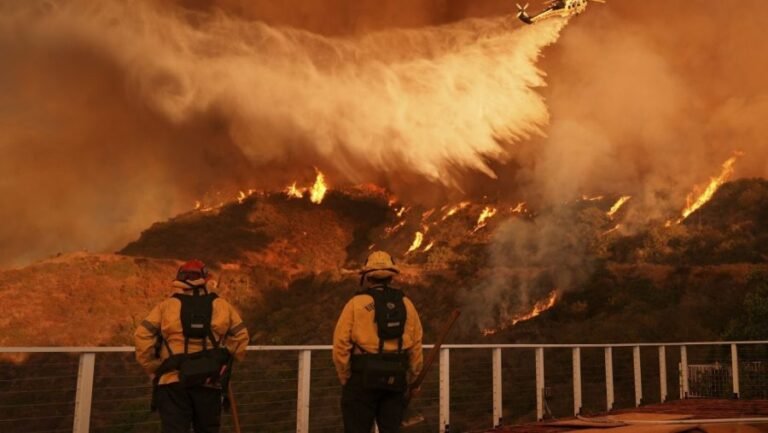
(NEXSTAR) – Flight delays, long security lines and ground stops could all get worse this week as some essential airport workers receive their final paycheck under the ongoing government shutdown.
While the government is shut down, air traffic controllers and Transportation Security Administration agents are expected to work without pay. The expectation is they’ll be paid eventually, when the government is back up and running.
But during the record-long 35-day shutdown in 2019, many airport workers started calling in sick as they started to miss paychecks.
On Wednesday, the shutdown entered its third week. Air traffic controllers and TSA security screeners have already received their final paycheck for the foreseeable future. TSA agents received a partial paycheck on Oct. 10, Forbes reports. Air traffic controllers have also received their final installment of partial pay, their union confirmed to CNBC.
It’s hard to ascertain where TSA delays are worsening, if anywhere, because the website tracking wait times is not being updated during the government shutdown.
The union representing TSA employees told the Associated Press the absences haven’t yet caused major disruptions, but it warned longer lines at security checkpoints could become a reality after workers received their final paychecks.
Joe Shuker, regional vice president of the union representing TSA workers, told Forbes we may start to see the impact on Thursday, Sunday or Monday, which are the busier travel days of the week.
“If you were planning like stress day or a mental health day or an ‘F you’ day, you wouldn’t pick Tuesday because it’s the lightest day of the week and the easiest to work,” Shuker told Forbes.
Even those who would like to keep working might not be able to afford to, he pointed out.
“If you have kids, a mortgage, a car payment, food bills—you can’t miss a check. Our members are worried about how to pay for childcare, wondering if they could be saving money by staying home with their kids.”
Raymond Dahlstrom, an air traffic controller at LaGuardia Airport, agreed. “The job is stressful enough as it is. Now you’re adding this factor of, ‘Hey, when am I going to get this next paycheck?'” he told CNBC.
Industry experts say air traffic control staffing is tight even without a government shutdown. The job is notoriously stressful and airports are chronically understaffed.
“A lot of these situations, these staffing shortages existed long before the government shutdown,” explained Joel Ortiz, a regional leader of the National Air Traffic Controllers Association, in a TV interview last week.
Take the Hollywood Burbank Airport, for example, which had its control tower go dark for six hours on Oct. 6, leaving pilots to coordinate their movements among themselves, resulting in significant delays. Burbank’s tower has 15 out of 24 certified controllers, Ortiz said – though even two of those workers don’t have medical coverage, he said.
“So when they started that shift, before anybody called in sick, they were already three out of five controllers – so down 40%. So you take one or two sick-outs, and suddenly you don’t have any more controllers,” said Ortiz.
It wasn’t that the control tower was empty on Oct. 6, but there wasn’t anyone there certified on certain positions that were essential to operating that shift, leading them to go dark.
Since the shutdown began Oct. 1, the Federal Aviation Administration has reported controller shortages in cities across the U.S., from airports in Boston and Philadelphia, to control centers in Atlanta and Houston. Flight delays have spread to airports in Nashville, Dallas, Newark and more.
On Wednesday, ground stops and delays were possible at JFK and LaGuardia in New York, Ronald Reagan Washington National Airport in D.C., Newark Liberty International Airport and Denver International Airport, according to a system status update by the FAA.
The Associated Press contributed to this report.






